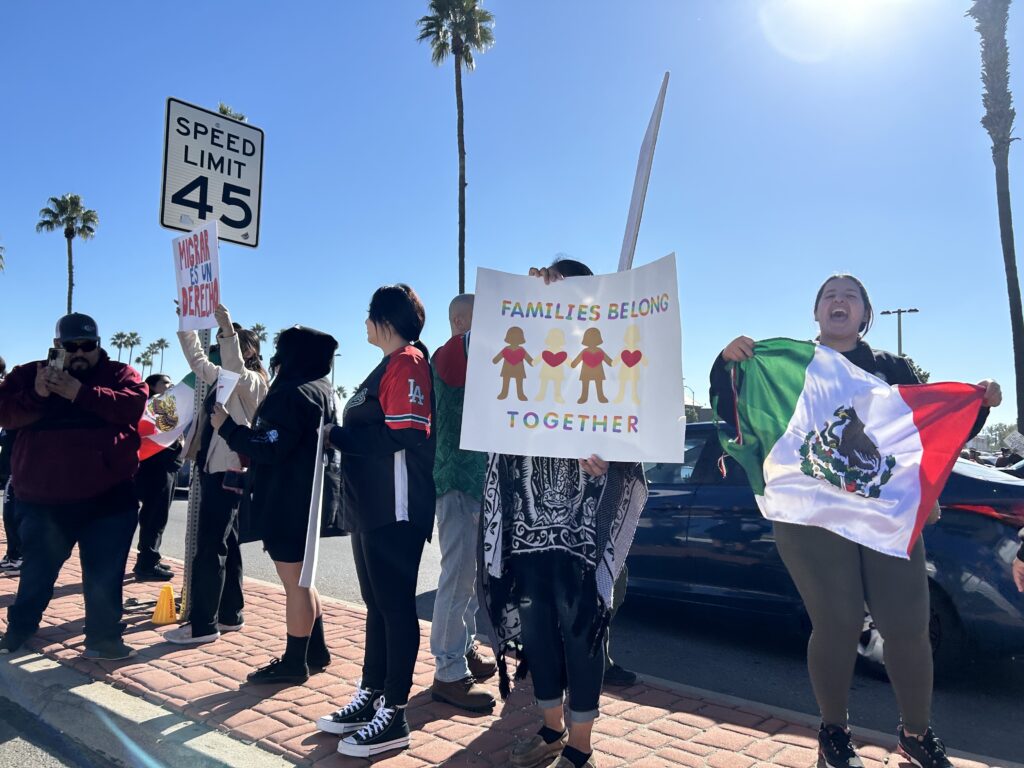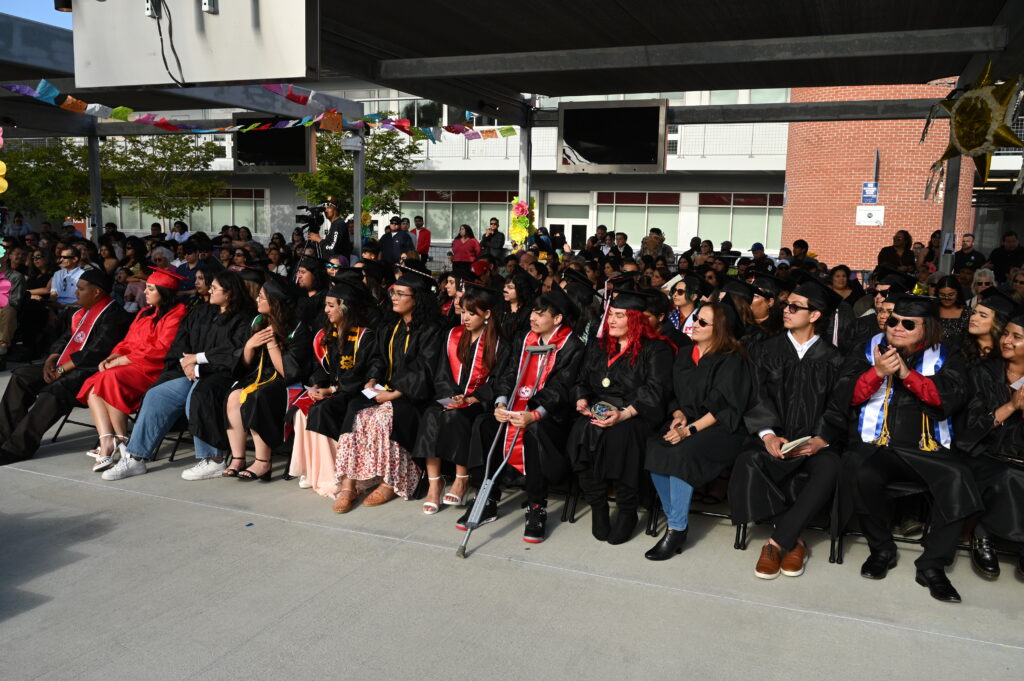Donald Trump hates higher education. He hates education. He loves “the poorly educated.” Of course. It is the poorly educated who believe his lies. They vote against their self-interest when they vote for him. The poorly educated vote for a tax break for billionaires. The poorly educated vote to eliminate their own health insurance.
Trump’s vendetta against elite universities punishes them and extracts huge fines, which were asserted, never proven. He is swaggering about his ability to bring down universities that would never have admitted him.
Where is the money going? The Boston Gkobe reports:
With Harvard University’s negotiations with the Trump administration still underway, the White House’s recent deals with other elite institutions suggest the nation’s oldest university may have to pay a large sum of money to make its problems go away.
Columbia University and Brown University in the last month both came to arrangements with the White House that involved paying millions of dollars and making a wide swath of changes in order to restore billions in lost research funding and end ongoing investigations and lawsuits.
The Trump administration proposed a $1 billion settlement with UCLA, several news outlets reported Friday, after freezing more than $500 million in federal funds to the school last week.
Both deals with the Ivy League schools came as they faced complaints they had allowed antisemitism to proliferate on campus during protests against the war in Gaza, as well as allegations they had discriminated against students via diversity-related policies and programs.
Neither Brown nor Columbia in their agreements admitted any wrongdoing — something Harvard has indicated in court fights with the federal government it is also unwilling to do.
The measures the schools adopted to get the government off their backs differ wildly.
Both Columbia and Brown are paying millions to resolve their disputes
Columbia agreed to pay about $200 million to the US Treasury Department over the next three years, as well as another $21 million to address alleged civil rights violations of its Jewish employees.
Congress will then have the power to appropriate those funds — though it’s unclear what they will be used for.
In exchange, Columbia will receive many of the research grants the government had previously canceled as early as March, and resolve violations of the law alleged by the federal government. The administration had frozen “the majority” of the school’s $1.3 billion in federal funding, Columbia’s president said.
Brown, meanwhile, pledged to give $50 million to state workforce development organizations in Rhode Island that are “operating in compliance with anti-discrimination laws” over the next 10 years, avoiding making a direct payment to the Trump administration.
In exchange, the federal government would restore Brown’s funding — the government had put about $510 million on hold — and close all pending investigations over Brown’s compliance with anti-discrimination laws.
The schools agreed to other changes
Columbia agreed to implement an outside monitor to oversee whether it was complying with the changes it had promised the government, such as to reform disciplinary measures for student protesters and remove diversity-related policies.
Brown said it would not perform gender-affirming surgeries on minors — which Brown’s medical school has never done — or prescribe puberty blockers. It adopted the Trump administration’s definitions of “male” and “female,” sparking outrage among current and former students who say that change harms transgender and nonbinary students who are excluded from those definitions.
The two schools also took different approaches to addressing antisemitism: Columbia’s measures included adopting a controversial definition of antisemitism and a review of its programs related to the Middle East. Brown, meanwhile, said it would commit resources to support programs related to Jewish students, as well as conduct a campus climate survey in 2025 that would include information about the climate for Jewish students on campus.
Both schools also said they would share admissions data about applicants’ standardized test scores and grade point averages, as well as demographic data such as their race. On Thursday, the administration made that a requirement of all schools that receive federal aid.
Neither agreement, however, appeared to place any restrictions on what or how the school teaches, avoiding infringement on academic freedom many critics of the Trump administration had feared.
The schools negotiated under different circumstances
Many critics of Trump’s war on higher education viewed Brown’s agreement to invest in local education as more aligned with its mission as a university, rather than simply paying a fine for the government to use as it sees fit. Some have also voiced concerns the implementation of an outside monitor at Columbia could allow the federal government to infringe on its independence, despite the deal they had reached.
The arrangements reflect differences in the amount of pressure the administration had applied to each school, down to the number of pages in the deal — Columbia’s deal was 22 pages long, while Brown’s was nine.
Columbia had seen among the most high-profile protests against the war in Gaza and was the first institution to face government sanctions, beginning in March with the cancellation of more than $400 million in funding. The federal government has since found it in violation of civil rights law for allegedly acting with “deliberate indifference” to harassment of Jewish students.
The administration’s investigation into Brown’s alleged civil rights violations, however, was ongoing at the time the deal was struck.
What the Trump deals could mean for Harvard
The Trump administration has quickly touted each agreement as a victory. Secretary of Education Linda McMahon called the Columbia settlement a “roadmap for elite universities” and President Trump declared on Truth Social “woke is officially DEAD at Brown” after announcing that deal.
Still, some worry any agreement with the administration only opens the door to further coercion if the federal government finds something else it doesn’t like at any of the schools it is dealing with.
Trump and his allies have long seen Harvard, the nation’s wealthiest university, as its best opportunity to influence higher education and have aimed to force an agreement by canceling more than $3 billion in funding, threatening international students’ statuses, and levying a number of civil rights complaints against the school.
In response, the school has put up the most forceful legal and public relations fight against the federal government, meaning any agreement it reaches could reverberate further than that of its peers.







